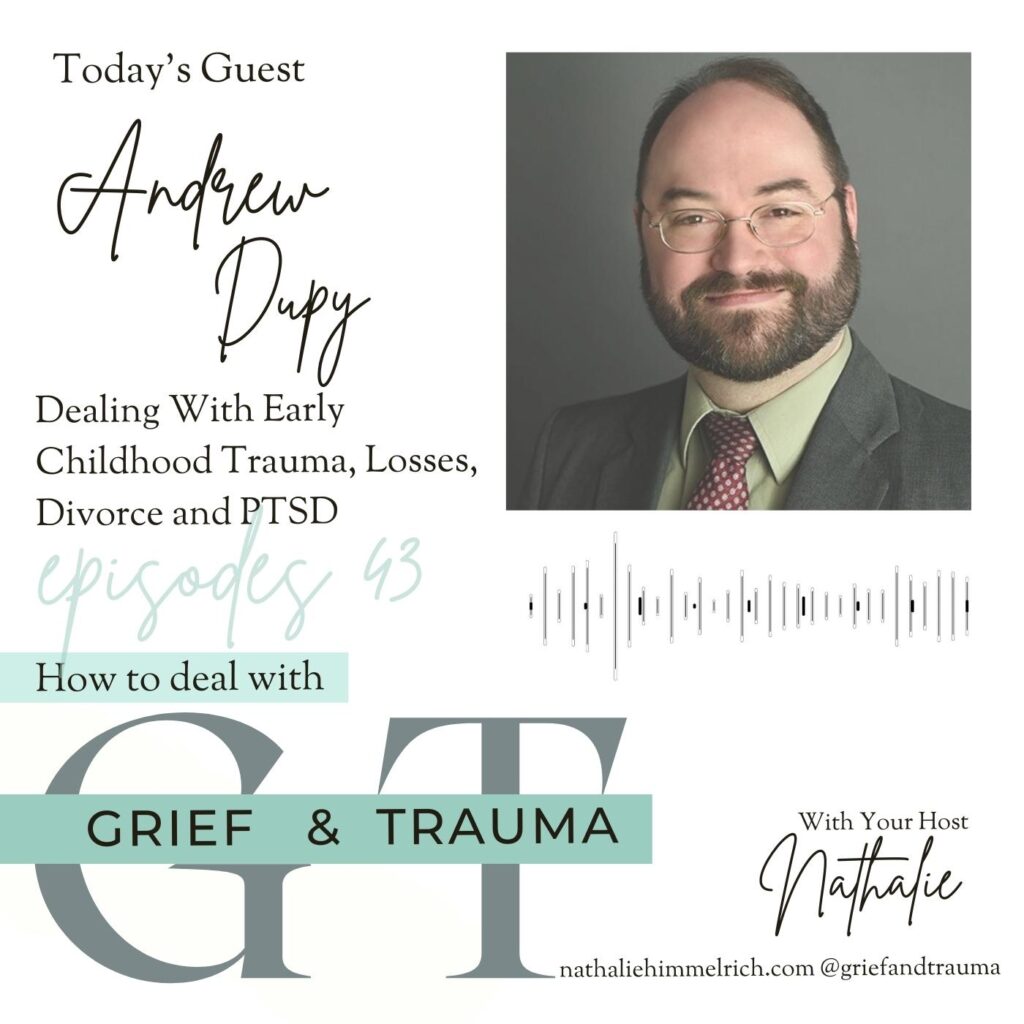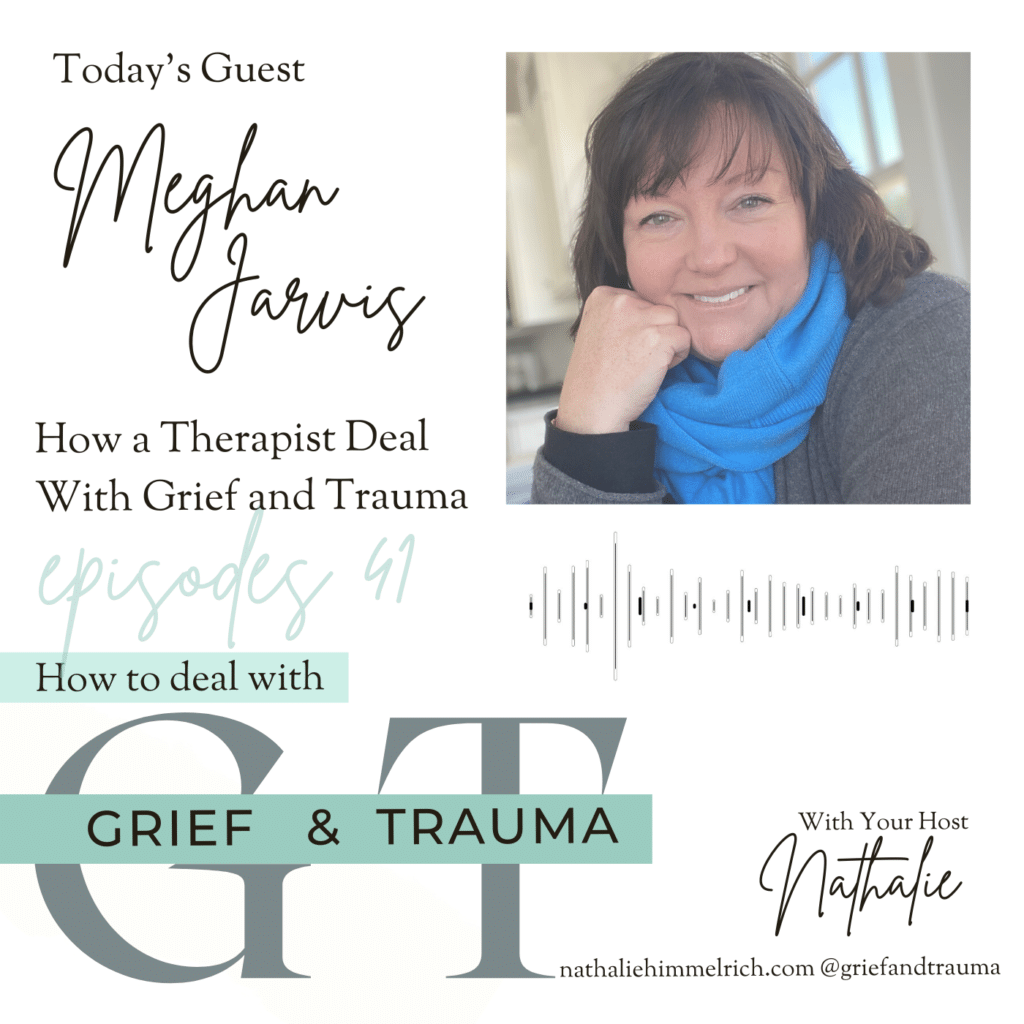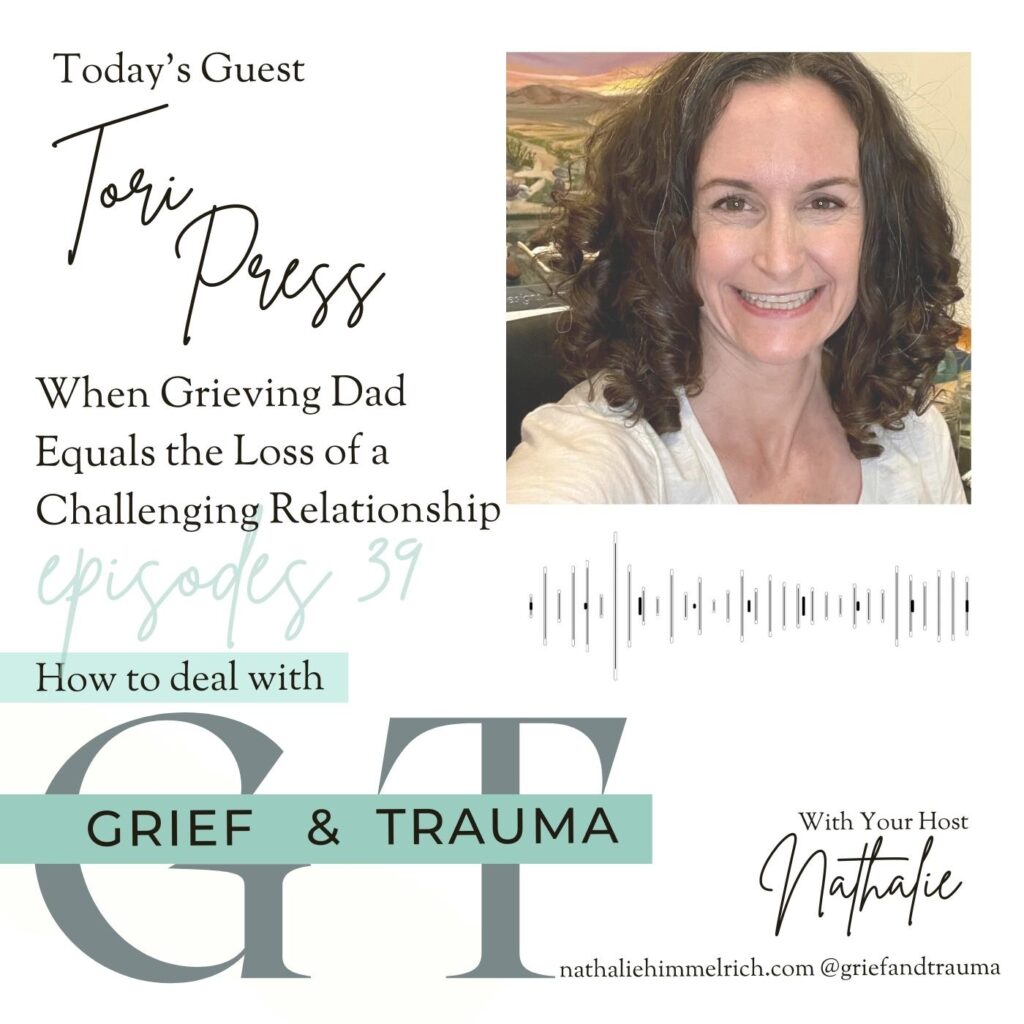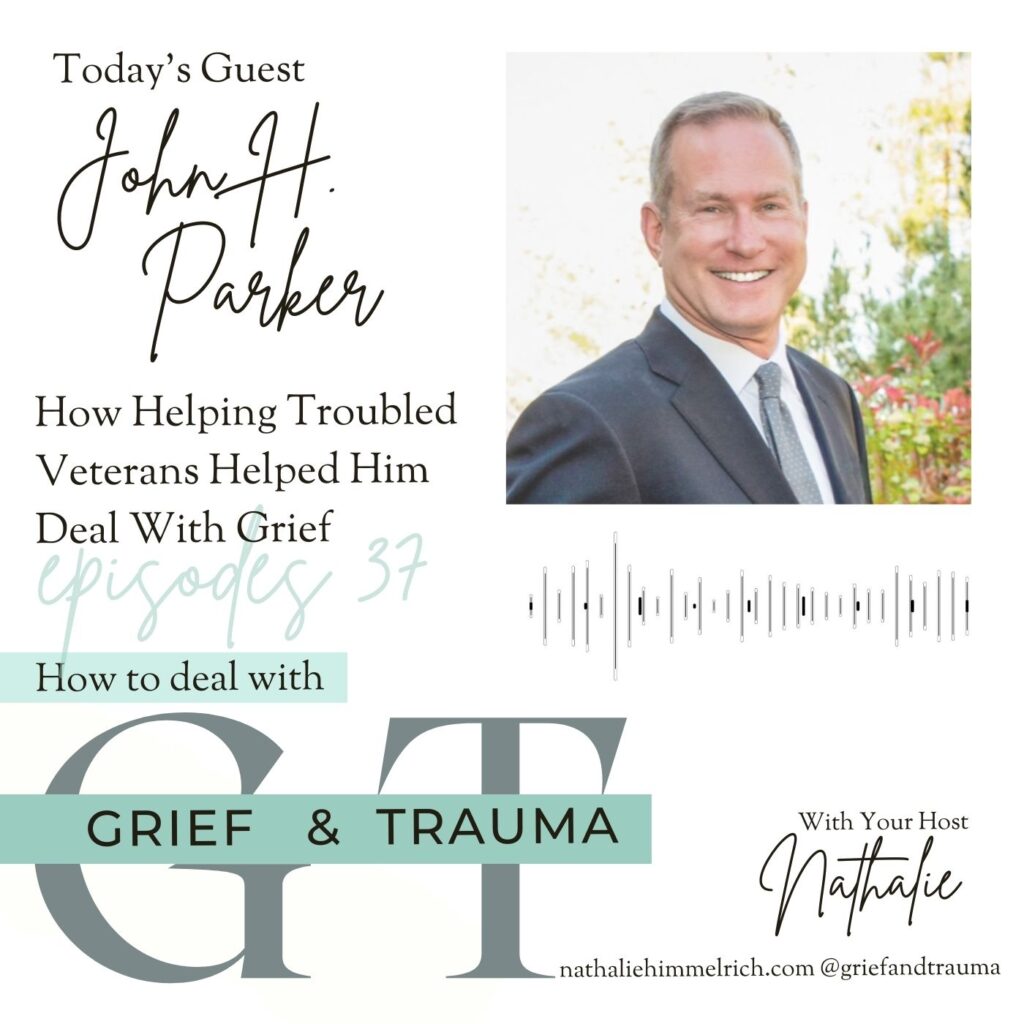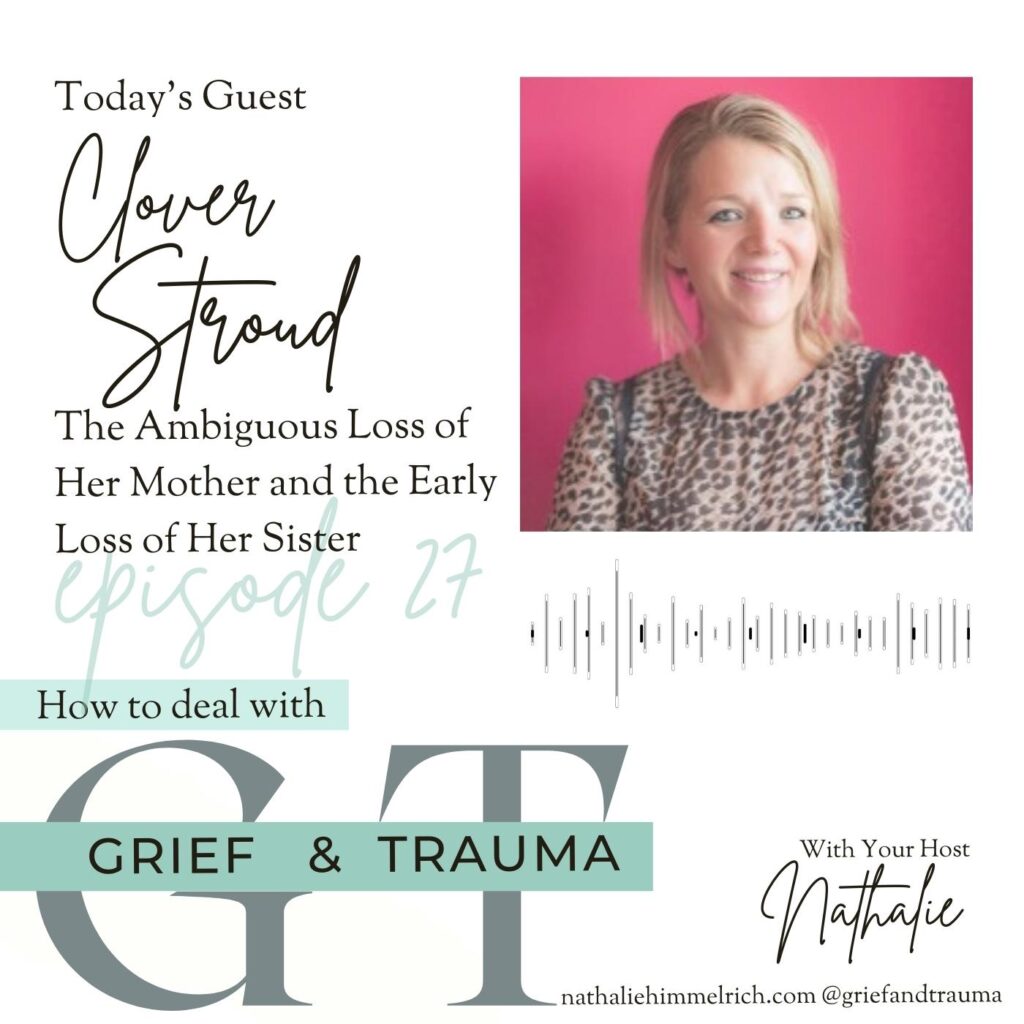HOW TO DEAL WITH GRIEF AND TRAUMA is completely self-funded, produced, and edited by me, Nathalie Himmelrich.
Consider making a small donation to support the Podcast: bit.ly/SupportGTPodcast. Thank you!
For more information, please visit Nathalie’s website, join the podcast’s Instagram page, and subscribe to the newsletter to receive updates on future episodes here.
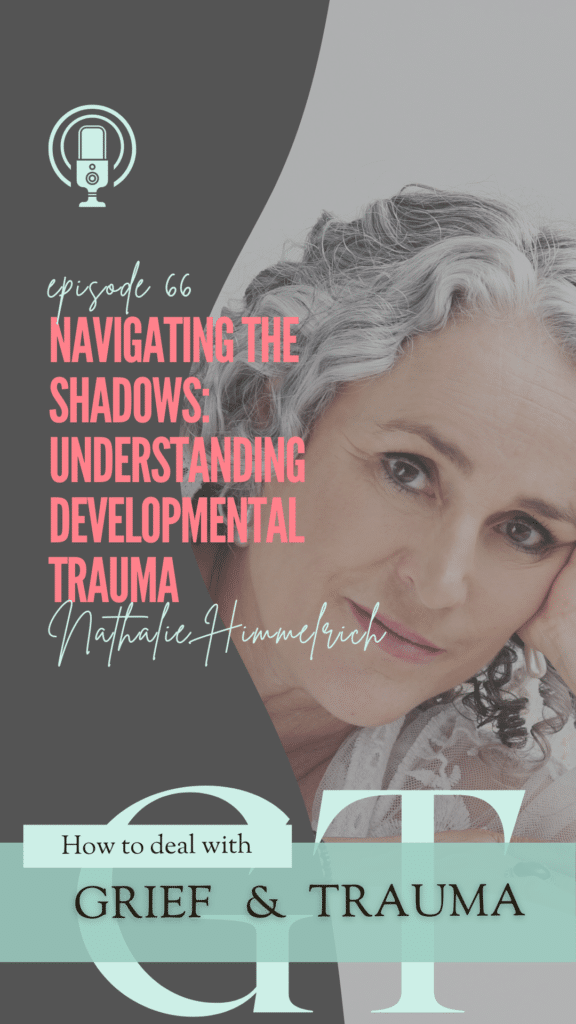
About this week’s episode
After last week’s conversation with Dr. Frank Anderson (S7 E65), where he shed light on his first-hand experience of the trauma he experienced throughout his childhood, I thought we could benefit from understanding the background of developmental trauma in more depth.
So today, we’re exploring this critical yet often misunderstood topic. We’ll unravel what it is, its causes, how it manifests at different stages of life, and most importantly, how we can navigate through it, highlighting the resilience of the human spirit along the way.
The following topics are being discussed:
- Defining Developmental Trauma
- The Roots of Developmental Trauma
- Secure Attachment and the Impact of Insecure Attachment
- Manifestations of Developmental Trauma
- The Lifelong Journey: Healing and Resilience
Support the show:
- Become a supporter of the show! Starting at $3/month
- Join Facebook Group – Grief and Trauma Support Network
- Download the FREE grief resource eBook
- Book a Discovery Call
- Leave a review
Follow on socials:
